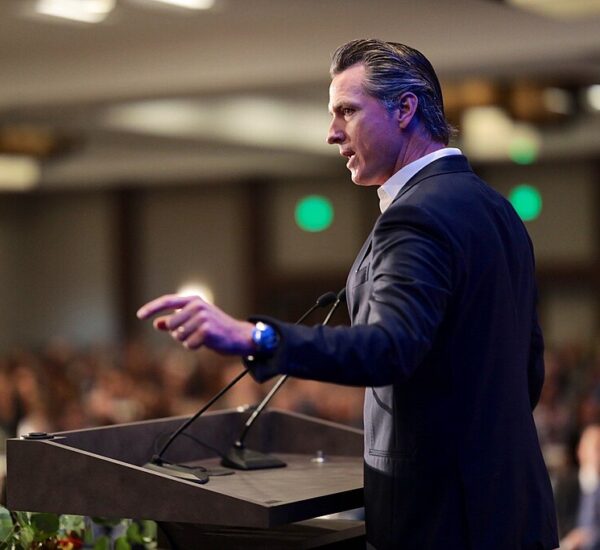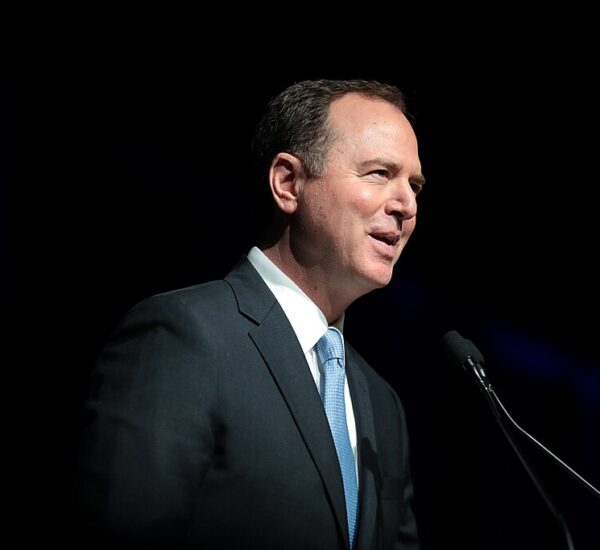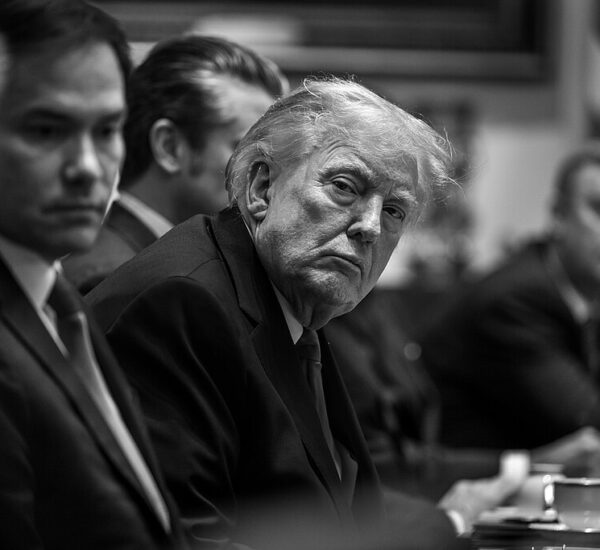Democrats Still Regretting Kamala’s Loss
James Carville, the Democratic strategist famously known for coining the phrase “It’s the economy, stupid,” has acknowledged his misjudgments about the 2024 race, admitting that his party’s defeat stemmed from economic concerns. In a revealing opinion piece for The New York Times, Carville openly reflects on the factors that contributed to the Democrats’ loss and offers a candid analysis of where the party went wrong, particularly in its approach to economic issues.
Carville, who had confidently predicted that Vice President Kamala Harris would secure a victory, now concedes that the election’s outcome was largely driven by one factor: the state of the economy. Despite having initially questioned whether his economic-focused political strategy still applied in a world with a strong economy, Carville came to the stark conclusion that voters overwhelmingly cast their ballots based on economic concerns. He wrote, “We lost for one very simple reason: It was, it is, and it always will be the economy, stupid.”
The veteran political strategist explained that while Democrats may have pushed a series of cultural issues, it was the economic realities facing middle-class and low-income voters that tipped the balance in favor of Donald Trump. Carville pointed out that the perception of the economy—regardless of official metrics like GDP growth or low unemployment—was vastly different for many Americans. This disconnect was evident in the way voters, especially in key battleground states, rallied behind Trump’s economic populism.
In his analysis, Carville urged Democrats to rethink their approach to economic messaging. He warned that the party had lost the “economic narrative” and must take back control of it to have any hope of future success. He argued that many Americans, struggling with day-to-day financial concerns, had grown disillusioned with Democratic leadership’s focus on social issues and the legal troubles surrounding Trump.
Carville also emphasized that Democrats should shift their focus to policies that directly affect the pocketbooks of working-class Americans. Issues like raising the minimum wage, addressing inflation, and reforming immigration should take center stage in any political agenda. “Perception is everything in politics,” he wrote, adding that the perception of economic hardship is a powerful motivator for voters—one that cannot be ignored.
Finally, Carville pointed out that, in today’s media environment, candidates need to reach voters where they are, which often means embracing new platforms. He noted Trump’s success in utilizing podcasts like Joe Rogan’s to directly connect with the American public, and urged Democratic hopefuls to follow suit, focusing on authentic discussions about the economy.
For Carville, the path forward for the Democratic Party is clear: winning in 2028 or beyond will hinge on how effectively the party can present itself as the champion of economic issues. As he succinctly put it, “We live or die by winning public perception of the economy.”






